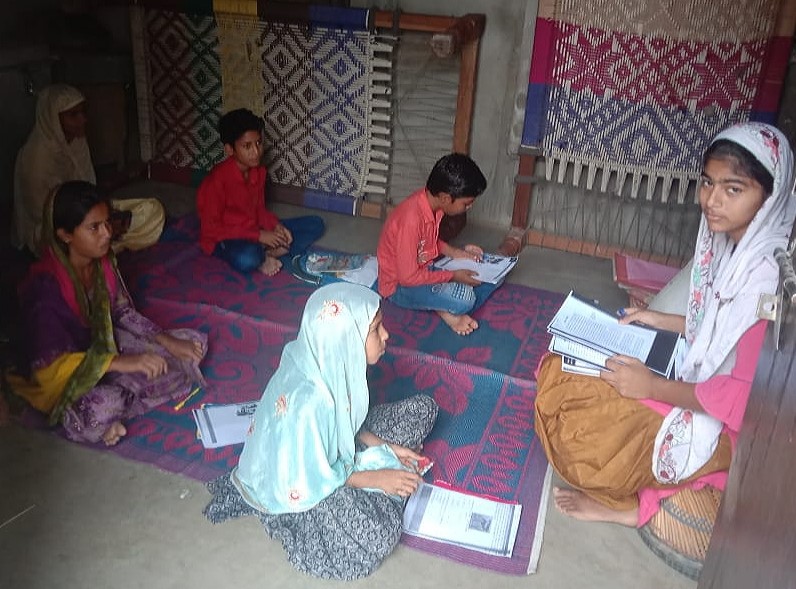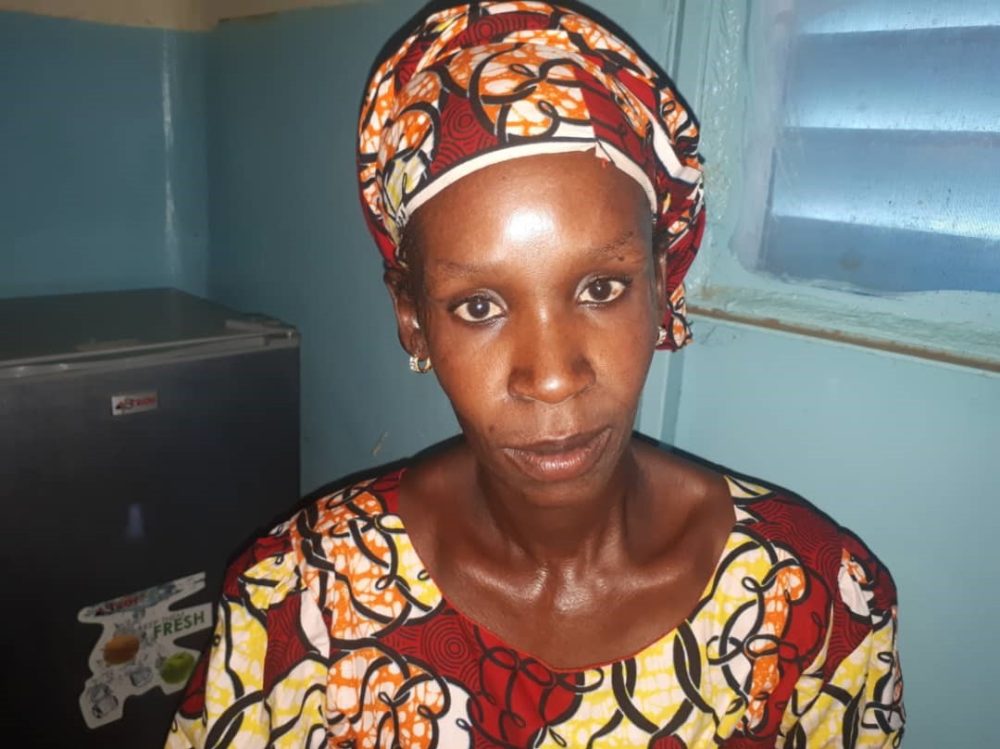By Neena Bhandari
Sydney, 24.07.2020 (IPS): Sixteen-year-old Suhana Khan had just completed her grade 10 exams in March, when India imposed a nationwide COVID-19 lockdown. Since then, she has been spending her mornings and evenings doing household chores, from cooking and cleaning to fetching drinking water from the tube well.
“I am really missing school. Nearly half the year has gone and we have no books and no teachers to teach. We don’t know if and when we will be able to resume our studies,” Khan, from Kesharpur village in the western Indian state of Rajasthan, told IPS. The disappointment is palpable in her voice. While teachers at the local government school are supposed to conduct online classes, most of the 350 households in the village have only one mobile phone with internet connectivity, which male members in the family take to work.


